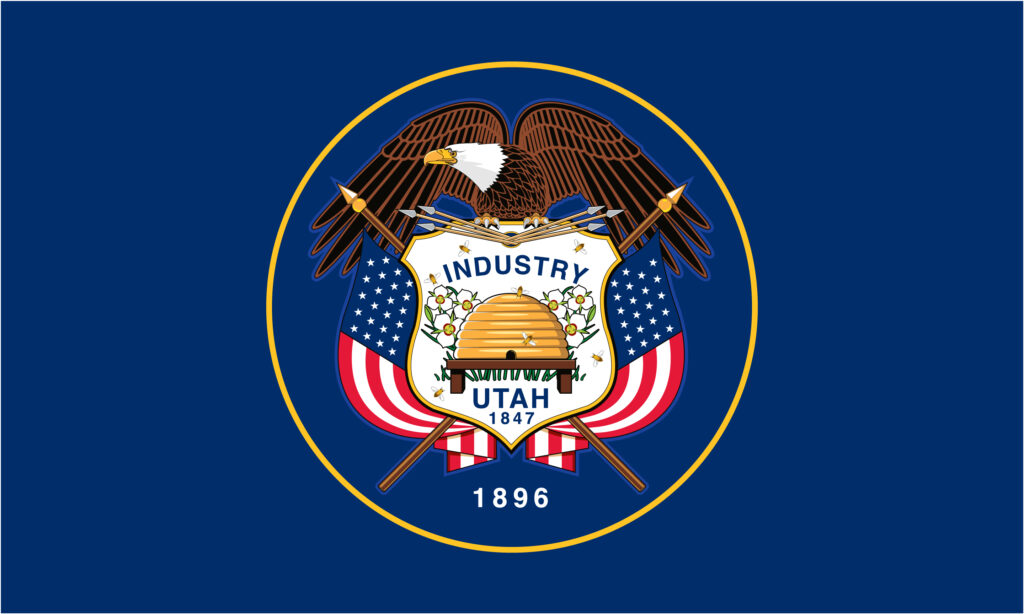This week’s GME3 covers the latest quarterly numbers from iGO, a verdict determined that Google must abide by Canada’s privacy laws, and the newest lawsuit launched against TikTok. Read on for more information!
Gambling
iGO Hot Streak Continues
iGO has released its 2023 Q2 report, and the results continue to look good for the Ontario regulator. Some of the key metrics include:
$14.2 billion in total wagers (up from $6.04 billion in Q2 of 2022)
$540 million in total gaming revenue (up from $267 million in Q2 of 2022)
47 operators in Ontario with 71 gambling sites (compared to 24 operators and 42 sites in Q2 of 2022)
We can break down the total wagers into three subcategories – casino games, betting, and poker. Casino-style games (including slots, live and online table games, and bingo) accounted for $11.9 billion of the total wagers. That’s almost 84% of the total amount wagered. Betting and poker accounted for 13% and 3% respectively.
Prior to the report’s official release, iGO’s executive director Martha Otton took to the stage at G2E to share the updated metrics. iGO seems happy with these results, and Otton has volunteered to share what they have learned from the successes of regulated gaming in Ontario with other provinces.
Ontario continues to be a growing market. We’ve shown tremendous growth year over year, even with Q2 being a relatively slow sports period. With the NFL, NBA, and NHL seasons ramping up, we should expect even greater results in Q3 and onward, with sports betting taking up a greater share of the wagers. If you have any questions about registering your business in Ontario, reach out to Jack and we’ll get you the answers!
Media
Google Denied PIPEDA Pass
Once again a Canadian court has rejected Google’s claim for exemption from the Personal Information Protection and Electronic Documents Act (PIPEDA).
The case originated in 2017 when an anonymous man complained to the Office of the Privacy Commissioner of Canada (OPC) over the Google search results for his name. He claims that the most prominent search results revealed information that was inaccurate, outdated, and even sensitive. He alleges that, as a result, he has suffered direct harm, including physical assault, lost employment opportunities and severe social stigma.
Google refused to take down the links, suggesting that he ask the websites that created the content to delete the information. Google also said the OPC has no jurisdiction because PIPEDA didn’t apply to it.
The first argument that Google made for why PIPEDA shouldn’t apply had two main points:
The search side of the company isn’t a commercial enterprise,
Search results are used for journalism, and PIPEDA’s obligations don’t apply to journalistic endeavours.
In 2021, Judge Jocelyne Gagné dismissed these arguments: “Google promotes its advertising business by highlighting the popularity of its search engine…” Despite the free services that Google provides to both content providers and the userbase, “it has a flagrant commercial interest in connecting these two players.” As such, Judge Gagné concluded that Google is indeed a commercial entity, not a news publisher.
Google elevated the case to the Federal Court of Appeals where the court ruled 2-1 to uphold the 2021 decision. Google still has the option to appeal to the Supreme Court.
However, since PIPEDA does not guarantee the “right to be forgotten”, even losing this case will not mean that Google has to remove the links involved in the initial complaint. Instead, it will go back to the OPC, which has the power to recommend that Google do so, but no way to enforce it other than securing a Federal Court order.
Entertainment
Trouble Abuzz in the Beehive State
TikTok is in trouble once again, this time in the US. The state of Utah (also known as the “Beehive State”) launched a lawsuit against TikTok earlier this week, on the grounds that it purposefully uses technology to “keep children engaged with material that is often harmful.”
Specifically, Utah has accused the app of using algorithms to target children with violent, distressing content to keep them looking at the app. This is despite the known mental health issues that arise in correlation with the amount of time spent on social media (according to a U.S. Surgeon General’s Advisory published earlier this year). Some features named in the complaint include the infinite scroll, and “filter bubbles” which feed a user more extreme variations of the types of videos that they engaged with the most.
Furthermore, the state alleges that TikTok:
fails to verify user ages,
does not remove all child abuse, sexual material, or clips dealing with self-harm and eating disorders,
fails to adequately address negative mental health effects associated with teens’ use of social media,
does not adequately screen out child predators,
fails to rein in dangerous video challenges involving asphyxiation and bone-breaking, among other things.
TikTok has rejected these allegations, stating that “TikTok has industry-leading safeguards for young people, including an automatic 60-minute time limit for users under 18 and parental controls for teen accounts,” a spokesperson for the app said. “We will continue to work to keep our community safe by tackling industry-wide challenges.”
GME Law is Jack Tadman, Zack Pearlstein, Lindsay Anderson, and Will Sarwer-Foner Androsoff. Jack’s practice has focused exclusively on gaming law since he was an articling student in 2010, acting for the usual players in the gaming and quasi-gaming space. Zack joined Jack in September 2022. In addition to collaborating with Jack, and with a keen interest in privacy law, Zack brings a practice focused on issues unique to social media, influencer marketing, and video gaming. Lindsay is the most recent addition to the team, bringing her experience as a negotiator and contracts attorney, specializing in commercial technology, SaaS services, and data privacy.
At our firm, we are enthusiastic about aiding players in the gaming space, including sports leagues, media companies, advertisers, and more. Our specialized knowledge in these industries allows us to provide tailored solutions to our clients’ unique legal needs. Reach out to us HERE or contact Jack directly at jack@gmelawyers.com if you want to learn more!
Check out some of our previous editions of the GME3 HERE and HERE, and be sure to follow us on LinkedIn to be notified of new posts, keep up to date with industry news, and more!




